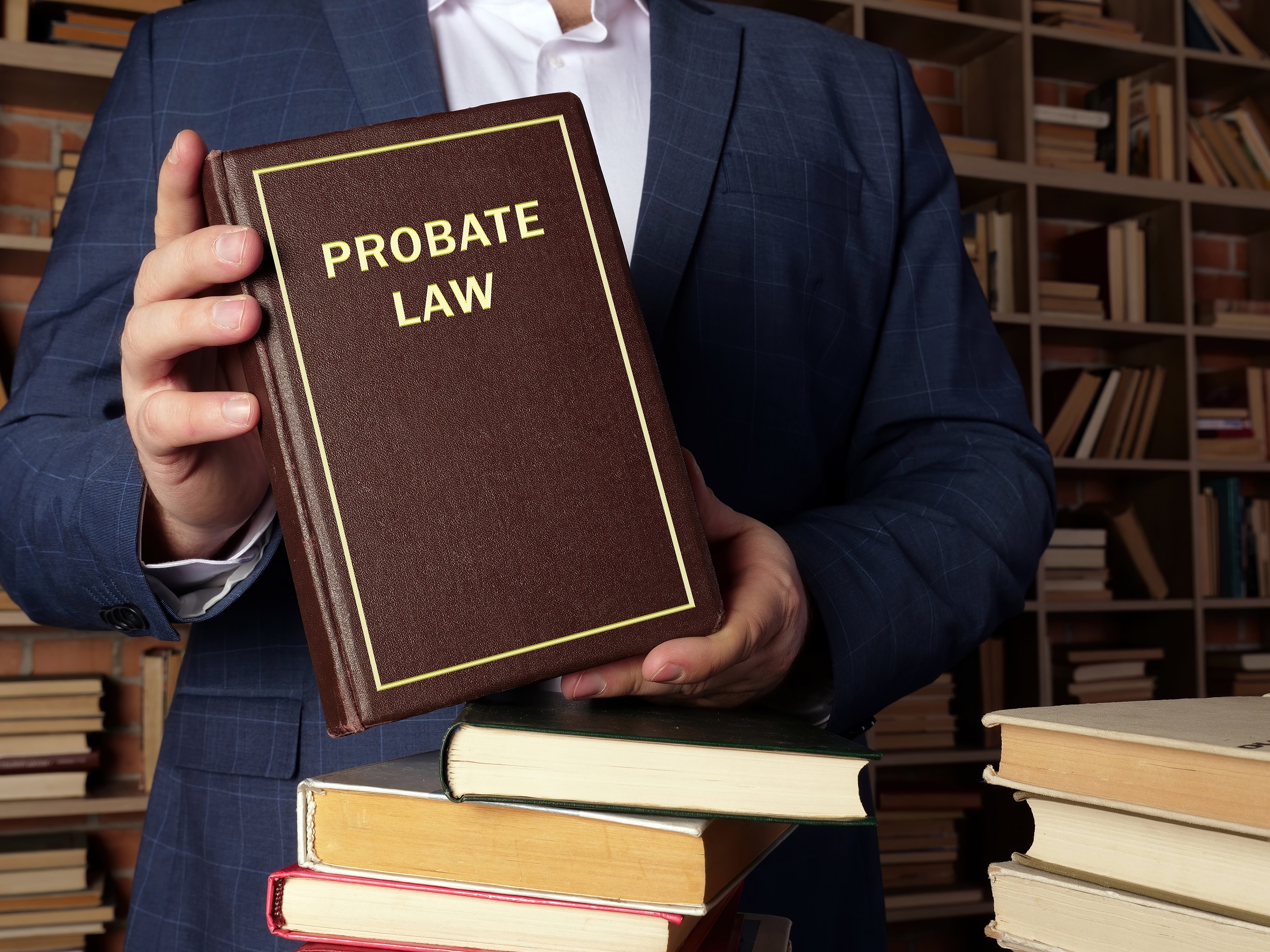Now Reading: A Short Guide To Navigating The Probate Process
-
01
A Short Guide To Navigating The Probate Process

A Short Guide To Navigating The Probate Process
Dealing with a loved one’s passing can be very depressing. The fact that you’ll never see the person for good can give you feelings of intense sadness and emptiness, which can be overwhelming. But, more than this array of emotions, the death of a loved one creates an obligation on the surviving family to settle the deceased’s financial affairs. This is where the probate process comes into play.
Thus, if you need your deceased loved one’s estate to be probated, keep reading this article to learn about how you can navigate the probate process.
What Is Probate?
By definition, probate refers to a legal process of passing the deceased person’s properties or estate to the heirs and beneficiaries named in the will of the deceased. It also involves the process of knowing the value of the estate, paying the debts and taxes, and distributing what has been left of the estate to the designated beneficiaries.
For the probate process to push through, the probate court is tasked to supervise the proceedings, which can take about a year, depending on the complexity of the estate and other relevant factors. Generally, the appointed executor in the decedent’s will has the responsibility to oversee the whole process and make sure the decedent’s express wishes are followed accordingly.
Tips For Navigating the Probate Process
By now, you already know what the probate process is and how it works to settle the financial affairs of a decedent. However, handling the process itself can be an intimidating undertaking, especially if you’re named as the executor who has no idea about probate law and other related legal matters.
Because of this, hiring legal experts like a Temecula probate attorney or wherever you may be located can be an excellent idea. They can assist executors in managing the probate process, including finding and keeping all the decedent’s assets, advising on how to settle debts and pay the bills, and many more.
On the other hand, even if you seek the assistance of a lawyer, it can make a huge difference if you know how to navigate the probate process by yourself. Hence, if you’re named as an executor in your deceased loved one’s will, here’s a quick guide to managing the process:
- Filing Of a Probate Petition
The first step in navigating the probate process is the filing of a petition wherein the purpose is to request that the will is probated before the settlement of the decedent’s estate. Once the petition is filed, all the heirs and beneficiaries should be notified to give them time to object to the petition and challenge the validity of the decedent’s will. Depending on the state you live in, notifying the interested parties can be done through publication in a newspaper of record to inform the creditors about the petition.
Thus, if you need help in preparing and filing all the necessary paperwork for the petition, you can pick and hire a probate lawyer who can do the work for you. With the knowledge, skills, and expertise, they can help make the filing process more seamless.
- Locating And Identifying of All Assets
After the filing of a probate petition, the next thing to do to handle the process more effectively is to locate and identify all the decedent’s assets. Typically, assets for the purpose of probate can include real properties, vehicles, personal properties, cash, bank accounts, investments, and many more.
Once the assets are identified, a valuation should be done at this stage. When everything has been accounted for, the appointed executor will take legal control and custody of these assets while the probate proceeding is ongoing.
In addition to assets, all known debts of the decedent should be disclosed by the creditors to the court. However, they should follow a specific time frame to ensure they can file their claims against the estate on time. Otherwise, they may lose their right to claim against the decedent’s estate.
- Payment of Debts
If you’re the appointed executor or personal representative, you’re obliged to pay all the debts using the decedent’s estate. These monetary obligations can include loans, credit cards, mortgages, and many others. Also, aside from these debts, you need to file a final tax return and pay the corresponding taxes for the estate.
In case the estate has no enough cash to cover all the debts and other expenses, you, as the executor, will have to sell some of the estate’s assets to gather funds for the payment of the outstanding monetary obligations.
- Distribution of the Remaining Assets
Once all the debts and expenses are paid off by the estate, you, as the executor, will start distributing the remainder of the assets according to the decedent’s wishes in the will. However, you should take note that the distribution of the estate requires formal ownership transfers through titles and deeds for assets like real estate and vehicles.
The Bottom Line
Indeed, the whole probate proceeding can be a complicated process, especially if you don’t know where and how to start. But, by keeping this short guide in mind, you can successfully wrap up your deceased loved one’s estate through probate. As a result, you’ll have peace of mind knowing that the deceased person’s financial affairs are settled, and the remaining estate is distributed to the beneficiaries accordingly.









